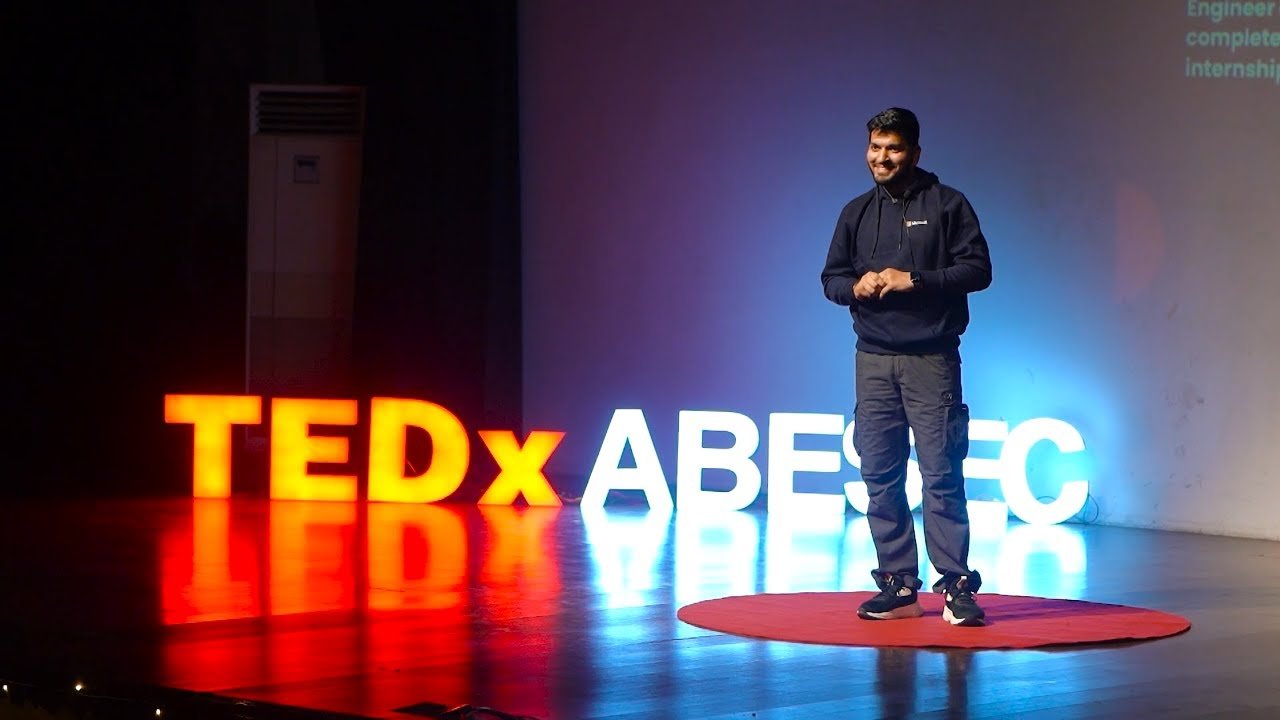The tech community was recently set alight after an X post by Satyam Chauhan claimed that a single missing # (Hash Tag) in Love Babbar’s code once brought Amazon’s entire delivery system to a halt for a day. The post quickly went viral, sparking widespread debate, trolling, and even a serious discussion on software deployment practices in big tech. But what exactly happened, and how did this story unfold? Let’s break it down.
The Viral Post That Started It All
On December 6, 2024, Satyam Chauhan, an X user, posted:
“A single missing ‘#’ in his code “stopped Amazon delivery system for a day”. He is right I was the delivery guy. we were waiting for Babbar bhaiya to add ‘#’.”
This post referenced a clip from a TEDx Talk Love Babbar gave in June 2023, where he shared a short incident about his time as a software engineer at Amazon. In the clip, Babbar claimed that a missing # in his code disrupted Amazon’s delivery system for an entire day, a statement that took the tech community by storm.
This viral post has achieved over 5 lakh views. You can check the post here.
A single missing ‘#’ in his code “stopped Amazon delivery system for a day”.
He is right I was the delivery guy. we were waiting for Babbar bhaiya to add ‘#’. pic.twitter.com/JAmpt6iYl3
— Satyam Chauhan (@chauhantwts) December 6, 2024
Who is Love Babbar?
For those unfamiliar, Love Babbar is a popular figure in India’s tech ecosystem. Once a software engineer at Amazon and later at Microsoft, Babbar quit his high-paying job to focus on teaching Data Structures and Algorithms (DSA) to help students crack placements. He has over 6 lakh YouTube subscribers and a range of paid courses.

The Backlash
However, as soon as Chauhan’s post went viral, the internet was taken aback by this statement. Many users called it far-fetched and pointed out the unlikelihood of such an event occurring at a tech giant like Amazon, where code deployments undergo rigorous testing.
A Google software engineer, Raj Vikramaditya, popularly known as Striver, weighed in with a detailed post explaining how production releases work in large organizations like Amazon.
You can check out the post here:
For any college student reading this, here’s how a typical production release looks like, specifically with a customer facing feature in a big Org such as Amazon.
0. Any new feature/change you push is mostly under a feature flag which if true only executes your change.
1. Bug… https://t.co/17gBbI4qr4
— Striver (@striver_79) December 7, 2024
His post shed light on why Babbar’s claim didn’t sit well with many experienced software engineers.
As the conversation gained momentum, more people gave their opinion. Some users on X humorously offered Babbar lessons in deployment practices, while others outright dismissed the claim as a “marketing stunt”.
Imagine the entire nation’s delivery was down for a day, and you don’t find that in news 😝
— Striver (@striver_79) December 7, 2024
Another user commented:
“This is so weird. For someone who has actually worked at Amazon, they should know this is not how code is shipped. Even if he is lying deliberately, he should atleast make the effort to make it sound a bit believable.”
This is so weird. For someone who has actually worked at Amazon, they should know this is not how code is shipped.
Even if he is lying deliberately, he should atleast make the effort to make it sound a bit believable.
— animesh.eth (@animmania) December 7, 2024
Another user posted:
Ek bar ki bat hai main TCS me tha, aur maine /* hatana bhul gaya, kya hota hai /* – us din kiska passport nahi bana, is pure desh me, uske piche kaun tha …
— Saket (@saketsmart) December 7, 2024
Love Babbar’s Response
Amid the backlash, Love Babbar took to LinkedIn to clarify his statement. He explained that this incident was meant to be an experience rather than a definitive opinion on Amazon’s systems. According to him, even after a strict testing process, sometimes software can face such issues. [This response, published on December 7, has since been deleted.]

While this clarification post didn’t go well with the people, Babbar once again took to LinkedIn on 8 December,2024, to justify his statement and even published a video on YouTube, giving a detailed explanation on why a missing # (Hash Tag) crashed Amazon delivery system for 6 hours.
Related: Bengaluru techie “Striver” shares his 3 year experience working at Google.
